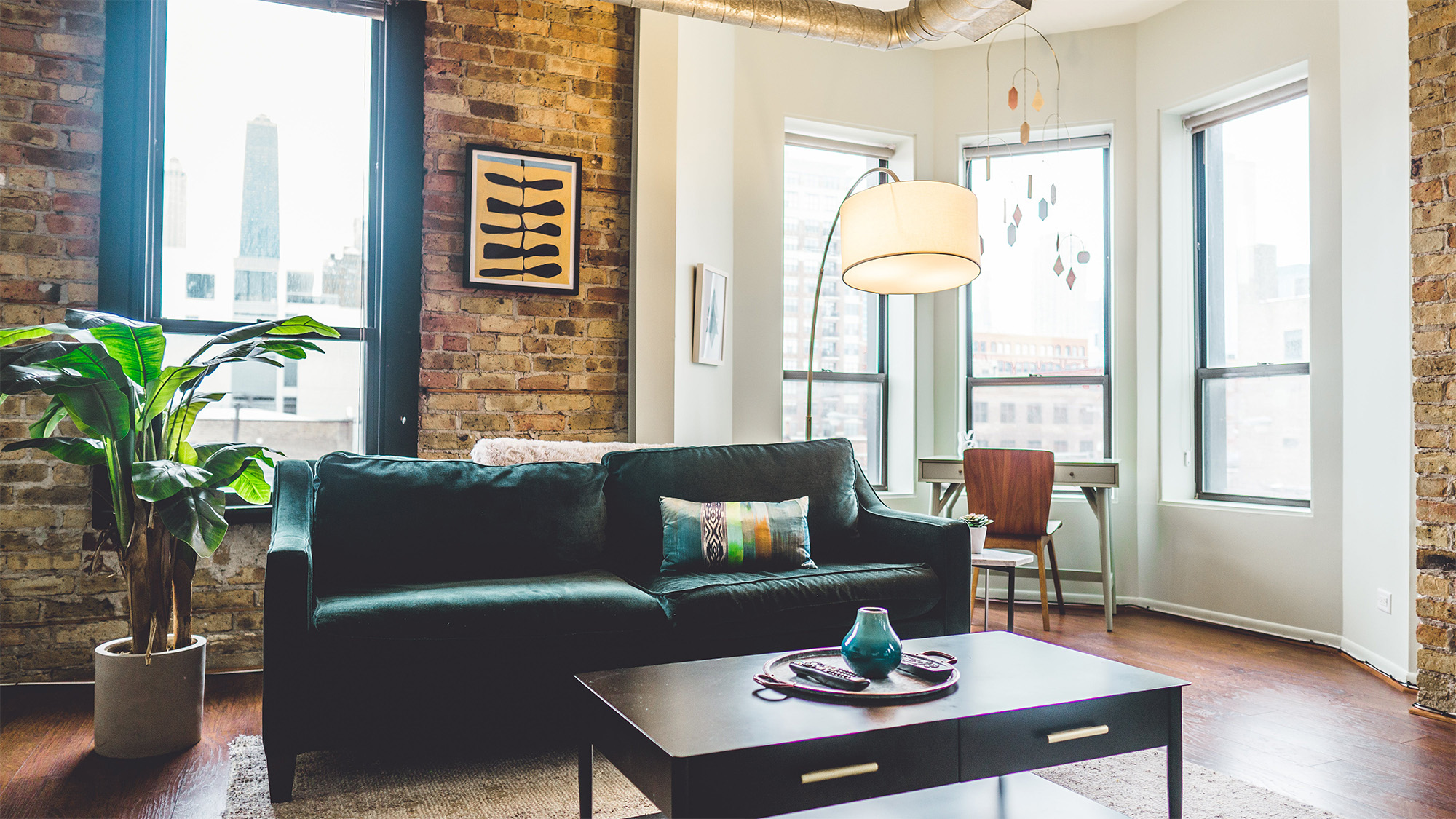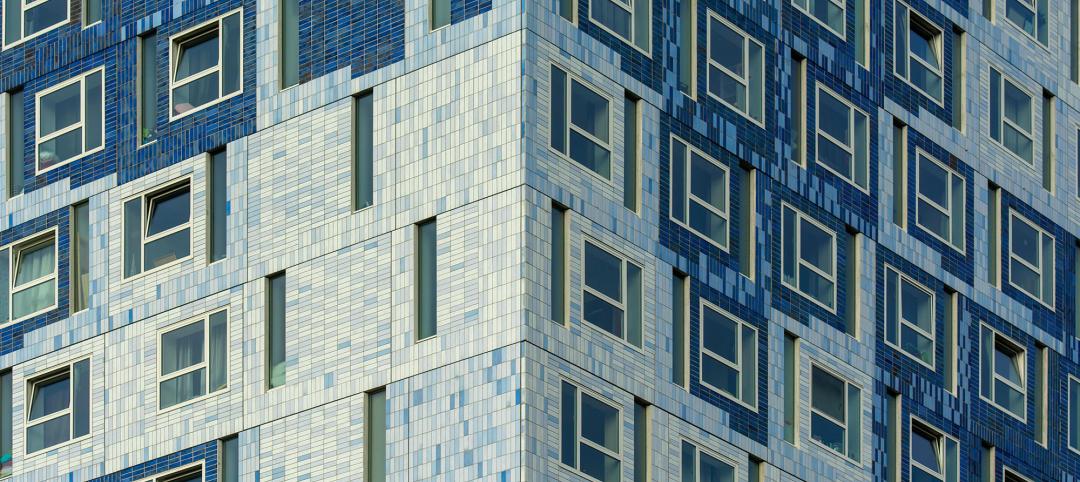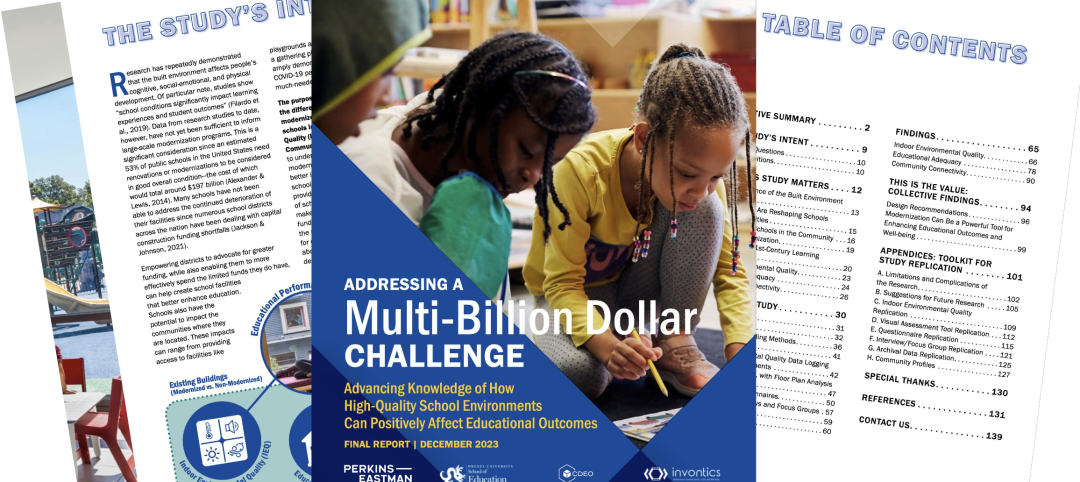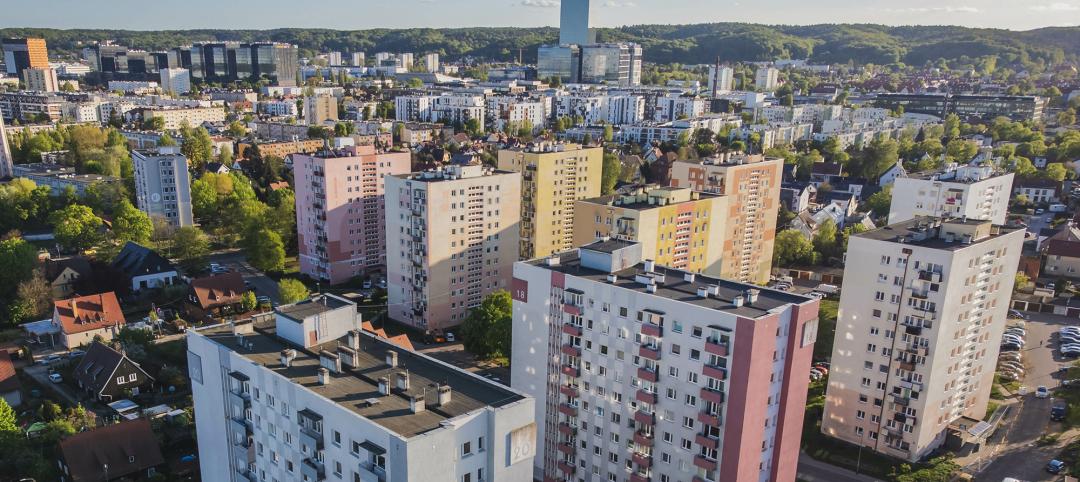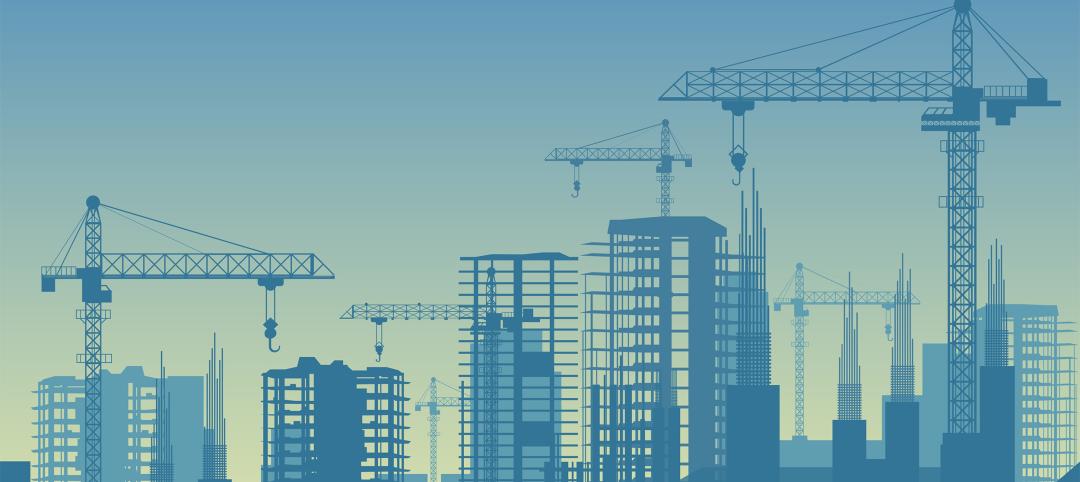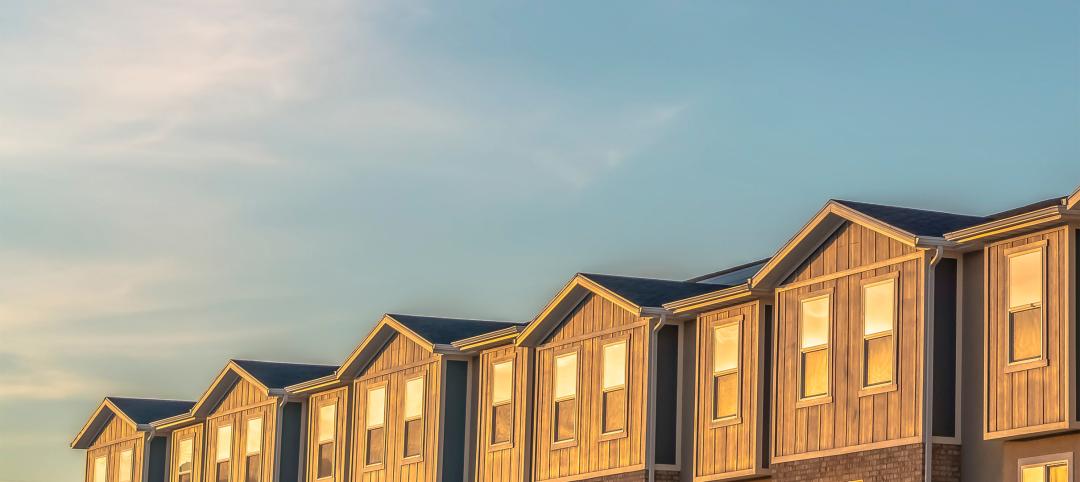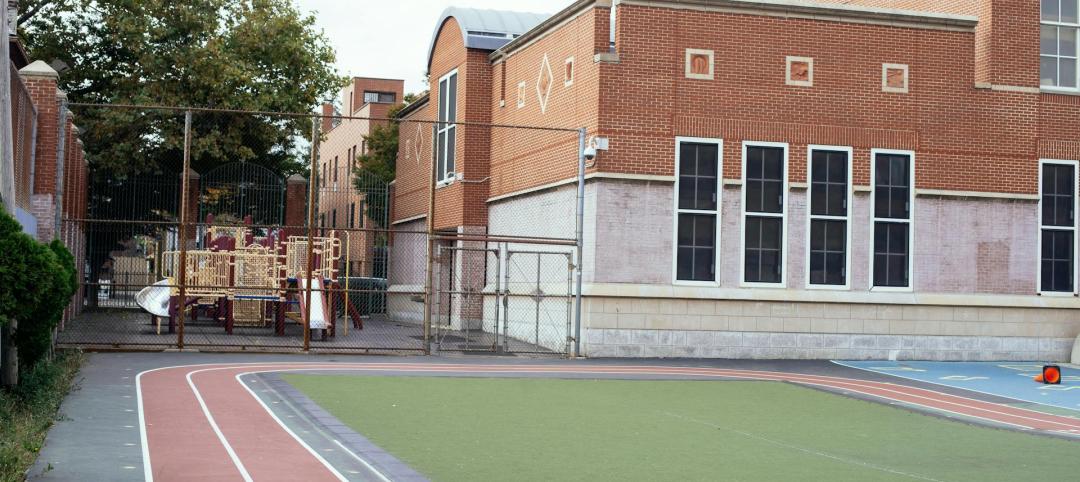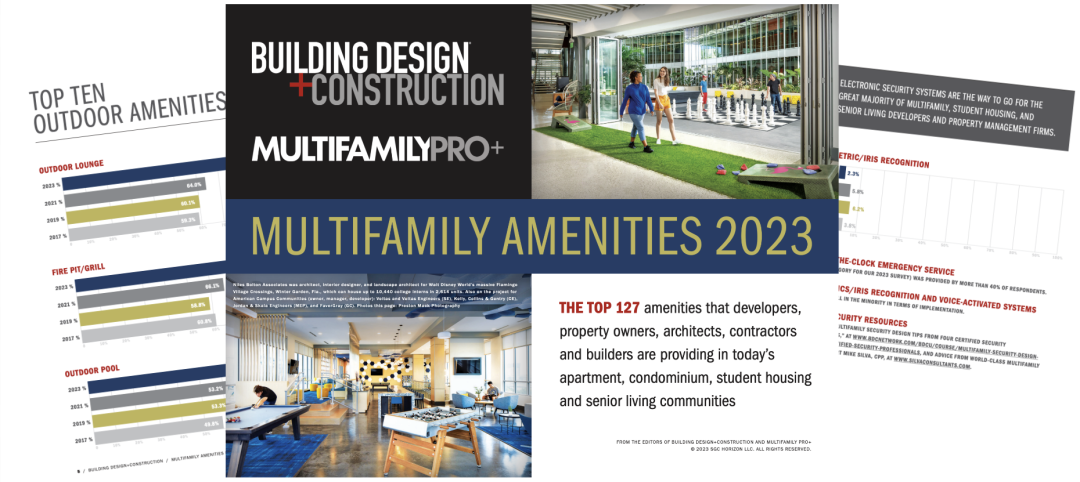The Trends Outlook Report by the American Society of Interior Designers (ASID) is the first of a three-part outlook series on interior design. The report is a collection of research from the U.S. Census Bureau, the Pew Research Center, and ASID's own survey research.
The findings of the 2024 report show an ever-present importance for community, connection, and authenticity. Here is the breakdown of all 11 design trends:
Top 11 Interior Design Trends for 2024
1. Living with and learning from Gen Z
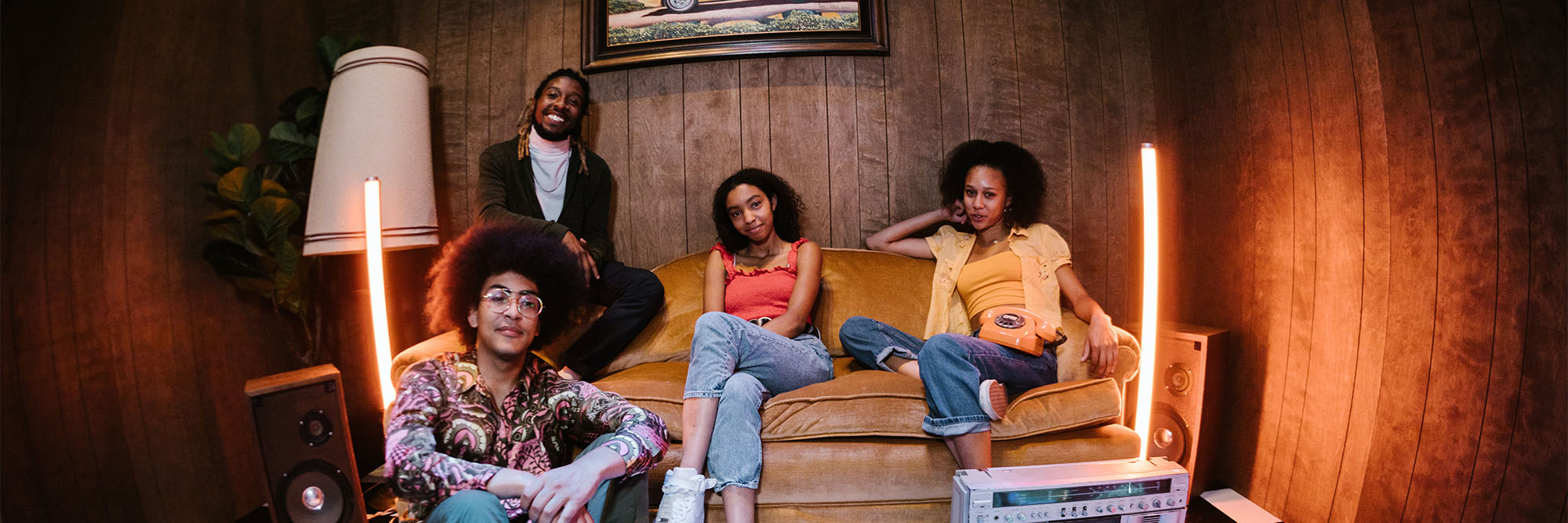
Gen Z, shaped by a unique set of challenges and experiences, seeks genuine connections and prioritizes spaces that foster community and social impact. Designers need to be mindful of their evolving values and concerns to create meaningful environments that resonate with this influential generation.
“Gen Z seeks genuine connections, and as this generation enters and occupies consumer culture, designers should be familiar with their evolving empathies and concerns.” — The Trends Outlook Report
2. Solo living and seeking connection
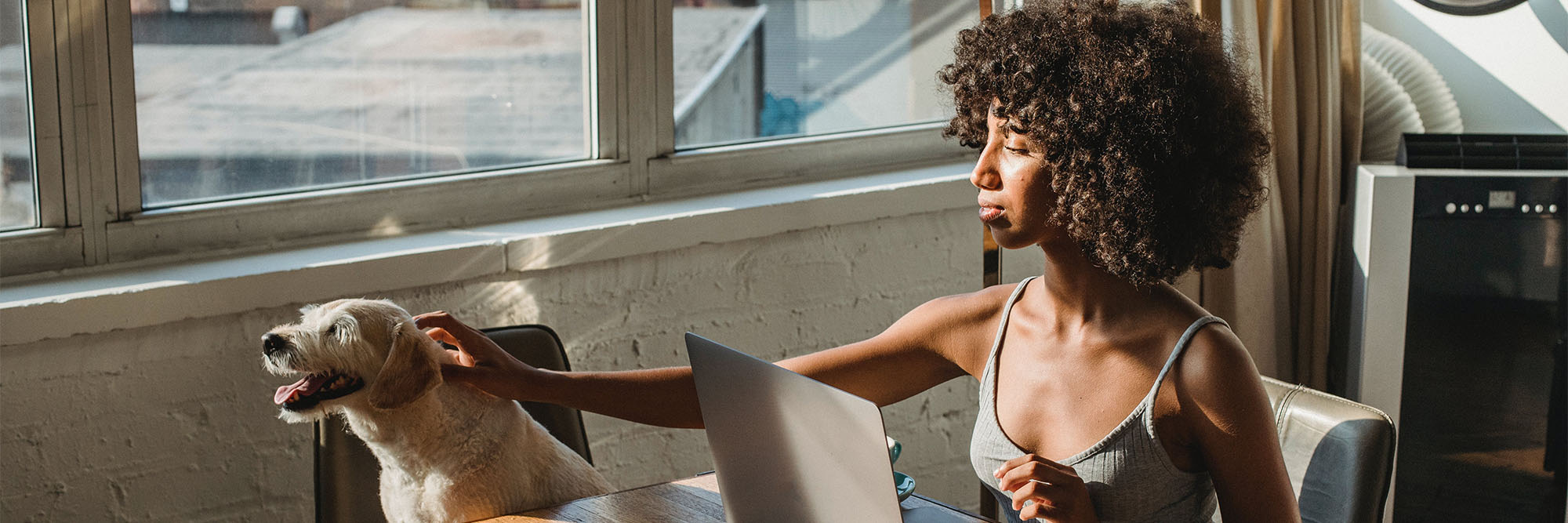
With the rise of single-person households, the need for connection within the home takes center stage. Designers are responding by emphasizing kitchen islands as social hubs and living spaces that seamlessly blend indoor and outdoor environments, fostering easy gathering and a sense of belonging.
“With solo-living on the rise, Americans are seeking connectedness to loved ones and their communities.” — The Trends Outlook Report
3. Comfortable and connected living

Friendship remains a vital concept across generations, and spaces are evolving to reflect this desire for camaraderie and comfort. From expansive kitchen islands that double as dining areas to living rooms with doors that open onto patios, the focus is on fostering connections with loved ones and furry friends, with pet-friendly materials and durable designs becoming increasingly important.
“Designers can support the comfort and camaraderie occupants desire by creating opportunities for gathering in the home, incorporating pet-friendly products, and designing spaces for amusement and ‘eatertainment’.” — The Trends Outlook Report
4. Health & wellness
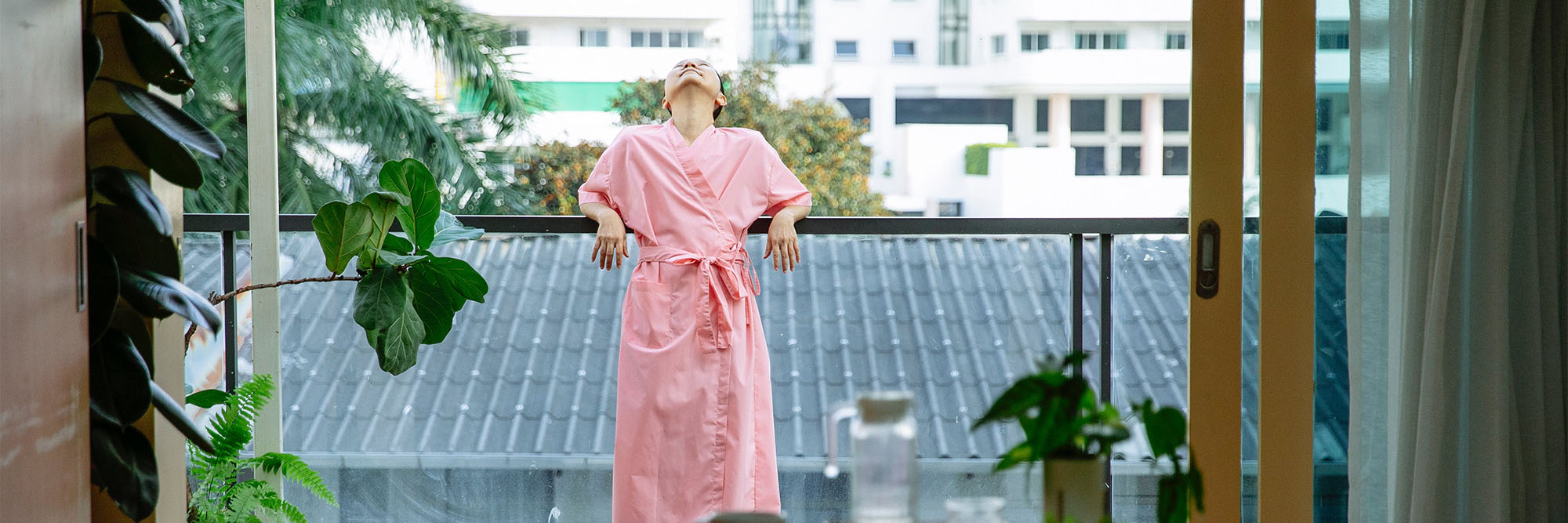
Wellness takes center stage in 2024, with consumers prioritizing natural, clean products and spaces that promote their health and well-being. Spa-inspired bathrooms and sleep-focused designs provide havens for relaxation, while the growing “sober-conscious” trend reflects a broader focus on mindful living.
“Consumers will spend more on the products that improve their health and wellbeing. Designers must consider this self-care push, including harnessing sleep data to support more rest for occupants.” — The Trends Outlook Report
5. Quiet luxury
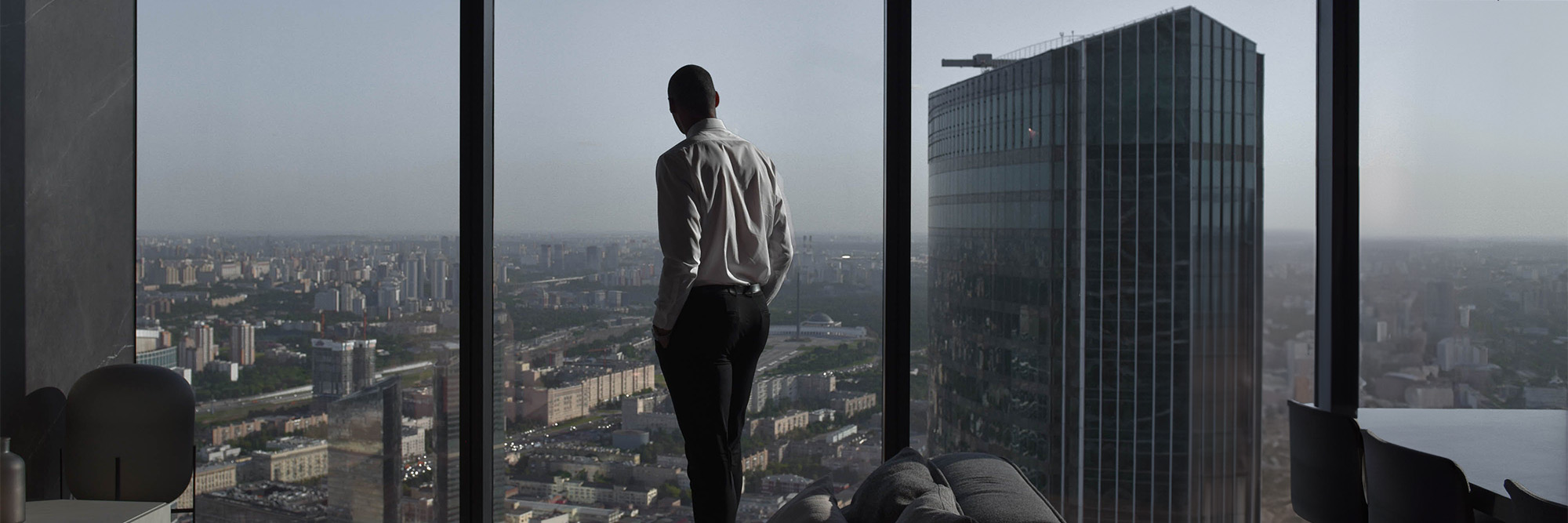
Luxury takes a shift towards personalized experiences and meaningful connections. Consumers are investing in timeless pieces that hold personal value and prioritize immersive experiences that leave a lasting emotional impact. This shift away from trendy items reflects a growing desire for sustainability and mindful consumption.
“Consumers seek a more low-key and personalized approach to luxury, investing in items that have more longevity and relevance—a more sustainable way to shop, as well.” — The Trends Outlook Report
6. Blurred lines in travel

The lines between living, working, and playing are blurring. Alternative accommodations and hybrid work models necessitate multifunctional spaces, from “eatertainment” areas in residences to co-working spaces and rooftop bars in corporate offices. Design becomes multifaceted, catering to the shifting needs of a world where work and leisure seamlessly blend.
“Alternative accommodations are on the rise, with guests blurring the lines of living, working, staying and playing.” — The Trends Outlook Report
7. A custom approach to today's workplace

Hybrid work demands a personalized approach to office design. Designers need to cater to the diverse preferences of different generations. Millennials embrace the flexibility of hybrid schedules, while Gen Z and Boomers often seek the professional mentorship and social interaction found in the office environment.
“Designers have the opportunity to help organizations create a more personalized approach to their hybrid work strategies, with physical spaces that support employee productivity and balance collaboration with focus.” — The Trends Outlook Report
8. AI technology

Artificial intelligence revolutionizes the design industry, offering personalized experiences and optimizing spaces for functionality and sustainability. Generative AI creates floor plans, designs, and even manages energy efficiency, pushing the boundaries of what design can achieve.
“Generative AI applications are being used in a variety of applications, such as generating floor plans, design iterations, occupancy and energy models, among other solutions; others are using it to increase autonomy and create experience-driven design.” — The Trends Outlook Report
9. Digital marketing in design

Mobile advertising reigns supreme, while social media platforms become a haven for thought leadership and employee advocacy. Businesses embrace their own employees as brand ambassadors, leveraging their voices to reach new audiences and influence marketing strategies.
“Employers, including designers, can look to their own workforce for advertising, as many employees are communicating and advocating for their brands on social media. ” — The Trends Outlook Report
10. Extreme weather event and climate impact
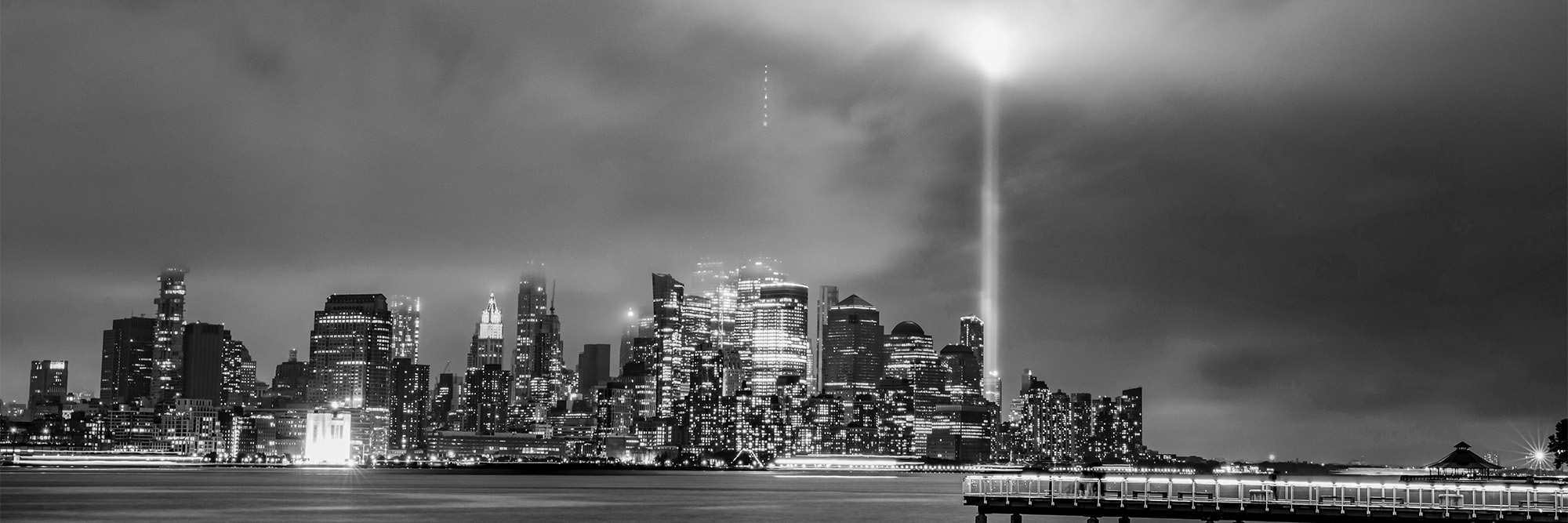
Climate change becomes a tangible reality, influencing consumer choices and design trends. With the increasing frequency of extreme weather events, sustainability takes center stage. Consumers support renewable energy solutions but remain hesitant about drastic lifestyle changes, creating a challenge for designers to create environmentally conscious spaces that resonate with diverse needs.
“Two-thirds of Americans say that they've experienced at least one of the five types of extreme weather (heat wave, flood, drought, wildfire, rising sea level), in the past year. Americans support making changes to address global climate change and prioritizing renewable sources—and designers have the power to contribute to these solutions.” — The Trends Outlook Report
11. Sustainability rules

The future of work prioritizes high-quality, low-carbon spaces to attract talent and comply with changing regulations. Investment in sustainability tech surges, allowing for better metrics and reporting. Designers who can help clients meet their sustainability goals and create holistic environments that support individual health, community well-being, and environmental stewardship will hold a competitive advantage in the years to come.
“Designers who can help clients meet their sustainability targets of high-quality, low-carbon workspaces will have a competitive advantage. Recognizing the interconnectedness of individual health, community health, and environmental stewardship also pays a key role.” — The Trends Outlook Report
The Trends Outlook Report is available for download for ASID members and is available to purchase on their website for non-members.
Related Stories
Student Housing | Mar 27, 2024
March student housing preleasing in line with last year
Preleasing is still increasing at a historically fast pace, surpassing 61% in February 2024 and marking a 4.5% increase year-over-year.
K-12 Schools | Mar 18, 2024
New study shows connections between K-12 school modernizations, improved test scores, graduation rates
Conducted by Drexel University in conjunction with Perkins Eastman, the research study reveals K-12 school modernizations significantly impact key educational indicators, including test scores, graduation rates, and enrollment over time.
MFPRO+ News | Mar 16, 2024
Multifamily rents stable heading into spring 2024
National asking multifamily rents posted their first increase in over seven months in February. The average U.S. asking rent rose $1 to $1,713 in February 2024, up 0.6% year-over-year.
MFPRO+ News | Mar 12, 2024
Multifamily housing starts and permitting activity drop 10% year-over-year
The past year saw over 1.4 million new homes added to the national housing inventory. Despite the 4% growth in units, both the number of new homes under construction and the number of permits dropped year-over-year.
Multifamily Housing | Mar 4, 2024
Single-family rentals continue to grow in BTR communities
Single-family rentals are continuing to grow in built-to-rent communities. Both rent and occupancy growth have been strong in recent months while remaining a financially viable option for renters.
MFPRO+ News | Mar 2, 2024
Job gains boost Yardi Matrix National Rent Forecast for 2024
Multifamily asking rents broke the five-month streak of sequential average declines in January, rising 0.07 percent, shows a new special report from Yardi Matrix.
K-12 Schools | Feb 29, 2024
Average age of U.S. school buildings is just under 50 years
The average age of a main instructional school building in the United States is 49 years, according to a survey by the National Center for Education Statistics (NCES). About 38% of schools were built before 1970. Roughly half of the schools surveyed have undergone a major building renovation or addition.
MFPRO+ Research | Feb 28, 2024
New download: BD+C's 2023 Multifamily Amenities report
New research from Building Design+Construction and Multifamily Pro+ highlights the 127 top amenities that developers, property owners, architects, contractors, and builders are providing in today’s apartment, condominium, student housing, and senior living communities.
MFPRO+ Research | Feb 27, 2024
Most competitive rental markets of early 2024
The U.S. rental market in early 2024 is moderately competitive, with apartments taking an average of 41 days to find tenants, according to the latest RentCafe Market Competitivity Report.
Student Housing | Feb 21, 2024
Student housing preleasing continues to grow at record pace
Student housing preleasing continues to be robust even as rent growth has decelerated, according to the latest Yardi Matrix National Student Housing Report.



